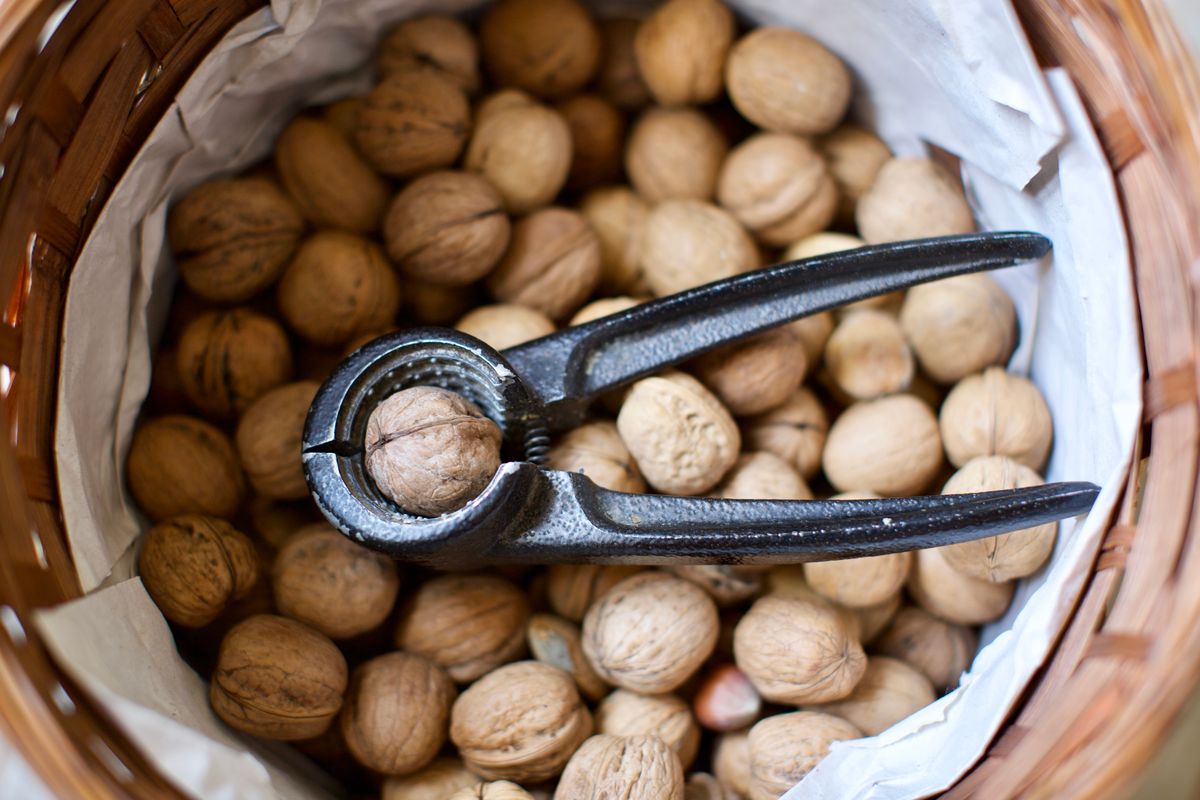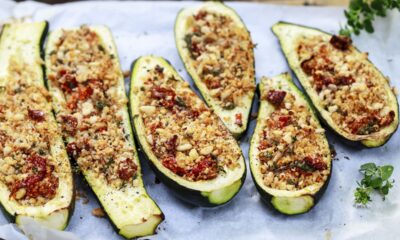Health
Nuts and cholesterol: LDL values are lowered, but watch the quantities

Walnuts are an ally to fight cholesterol, but you need to pay attention to the quantities: how many can you eat?
Provided they are consumed in moderation and within a healthy and balanced lifestyle/dietary, walnuts are a real panacea. In regards to cholesterol they are almost miraculous, given that they lower the levels of LDL (the so-called bad cholesterol) and leave the values of the good one unchanged. Let's see how many we can eat.
Nuts and cholesterol: a winning combination
Nuts and cholesterol can really be considered a winning combination. This dried fruit, included in a balanced diet, can help keep LDL (bad) cholesterol levels in the blood under control. Obviously, this can only happen when a person leads a healthy lifestyle, which also includes a minimum of physical activity.
How many walnuts a day to lower cholesterol? According to various studies, it is enough to consume 40/80 grams a day to have a decrease in bad cholesterol of about 8-12 mg/dL. The values of good cholesterol, however, remain unchanged. This precious dried fruit, in addition to polyunsaturated and monounsaturated fats, also contains arginine and vitamin E. Specifically, the nutritional values of 100 grams of nuts are:
- Energy 612 KCal
- Carbohydrates 12.05 g
- Protein 24.9 g
- Total lipids 56.98
- Saturated fat, total 1,306 g
- Monounsaturated fats, total 10.425g
- Polyunsaturated fats, total 42.741 g (of which omega-six 33.727 g and omega-three 8.718 g)
- Cholesterol 0 mg
- Vitamin E 3.85 mg
View this post on Instagram
Nuts, cholesterol and triglycerides: what to know?
Now that we know walnuts lower cholesterol, let's take a look at the effect they have on triglycerides . Being rich in polyunsaturated and monounsaturated fats, especially oleic acid, they are also useful for reducing blood triglyceride levels. It should be emphasized that walnuts must always be consumed in moderation because they have a high caloric intake. Therefore, they should be included in the diet as a snack or as a substitute for other foods, perhaps instead of extra virgin olive oil in first courses or salads.
Riproduzione riservata © - WT


 Nutritionists (@nutreelife__)
Nutritionists (@nutreelife__)








